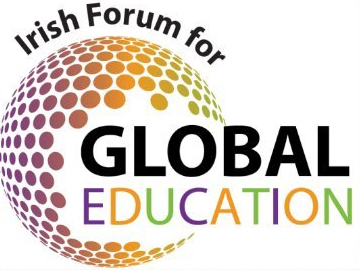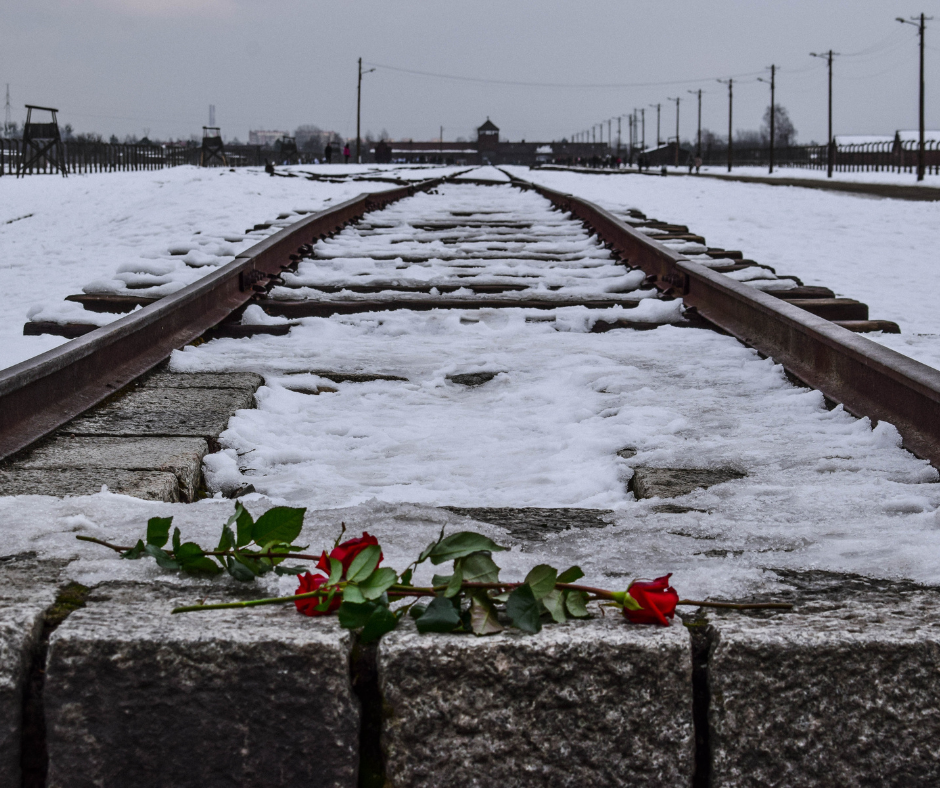By Ponke Danker, Coordinator of the Irish Forum for Global Education
Every year on 27th January, the world commemorates the victims of the Holocaust, the persecution and mass murder of 6 million European Jews by the German Nazi regime. 27th January marks the anniversary of the liberation of the Nazi Concentration Camp Auschwitz by Soviet troops in 1945. It was officially proclaimed as the International Day of Commemoration in Memory of the Victims of the Holocaust in 2005 by the United Nations.
When in 1945, the concentration camps were freed, the Nazi regime had not only killed 6 million Jews but had robbed many more Jewish children of their childhoods and their access to education. As genocide, atrocities and attacks on children keep occurring in many countries, we share a collective responsibility to commemorate the victims of genocide and to join forces to not only prevent such atrocities, but to ensure that learning will never again be disrupted by hatred.
As a global society, we cannot afford to let persecution and conflict cut children off from their human right to education. Compelling evidence shows that education in general, and education about the causes, consequences, and dynamics of atrocities such as the Holocaust in particular, strengthens resilience against ideologies of hatred and helps societies become more peaceful (see for example for more info the guide for “Why teach about the Holocaust” by the UNESCO or the Policy Brief on “Strengthening genocide prevention through education in Africa” by the UNESCO). The disruption of learning for millions of children every year through violence poses a direct challenge in overcoming violence and hatred.
New research by the Global Partnership for Education (GPE) and the Institute for Economics & Peace (IEP), now demonstrates the strong relationship between education and peace (click here for a briefing sheet, here for the press release, and here for more info on the study). In “Education a Path to a Peaceful Future” the organisations find that “[e]ducation is a vital strategy for building lasting peace. Yet a quarter of a billion children in lower-income countries are out of school.” They show that investment in “inclusive, quality education promotes understanding, tolerance and peaceful coexistence among individuals and communities”.
In line with these learnings, the Irish Forum for Global Education’s mission is to ensure that Ireland’s contribution to education in development and emergency is significant, efficient, and effective. It is our collective responsibility to provide every child with a quality education globally, including in emergencies and conflict, and to provide them with the skills and knowledge they need to become and remain agents of peace in their communities to prevent genocide and atrocities.


